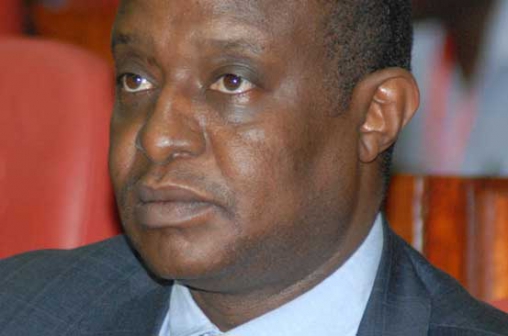×
The Standard e-Paper
Fearless, Trusted News

A mix-up of reference numbers on letters directing the Central Bank of Kenya to transfer Eurobond billions to the Consolidated Fund is no more than an administrative issue, Treasury Cabinet Secretary Henry Rotich has said.
On Thursday, former Prime Minister Raila Odinga released letters written by the Treasury on different dates with instructions on different amounts of money bearing the same reference numbers.